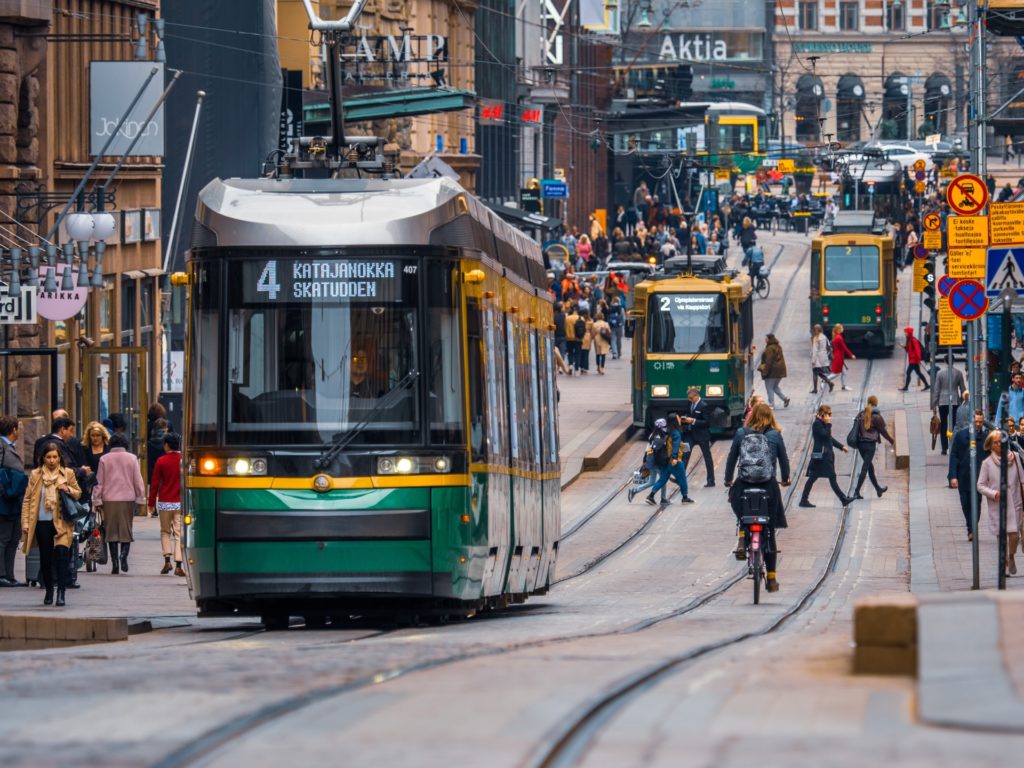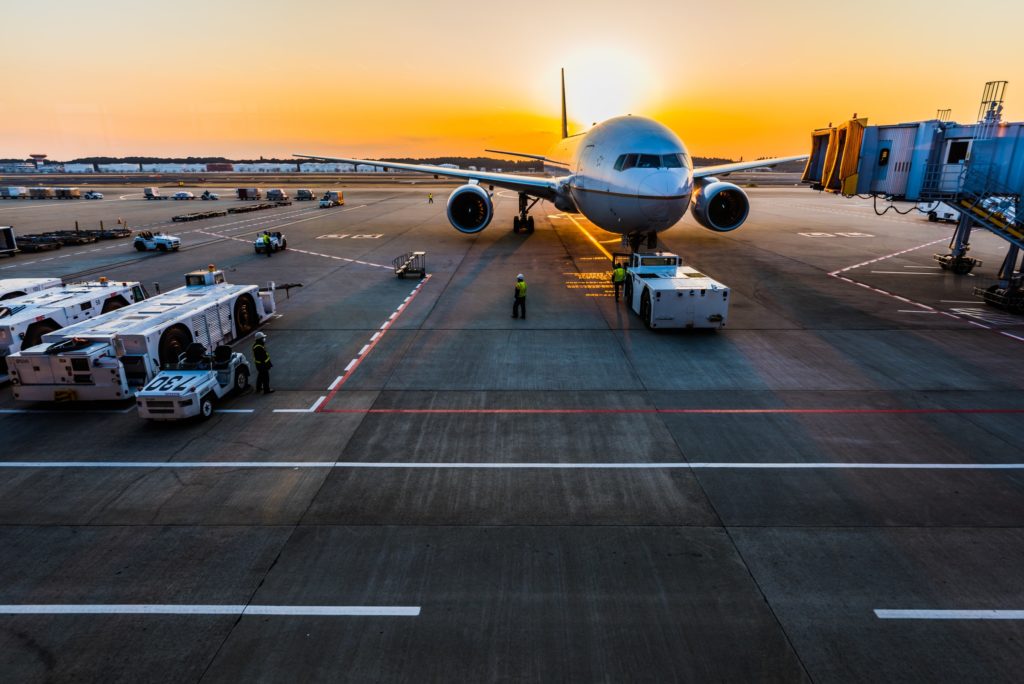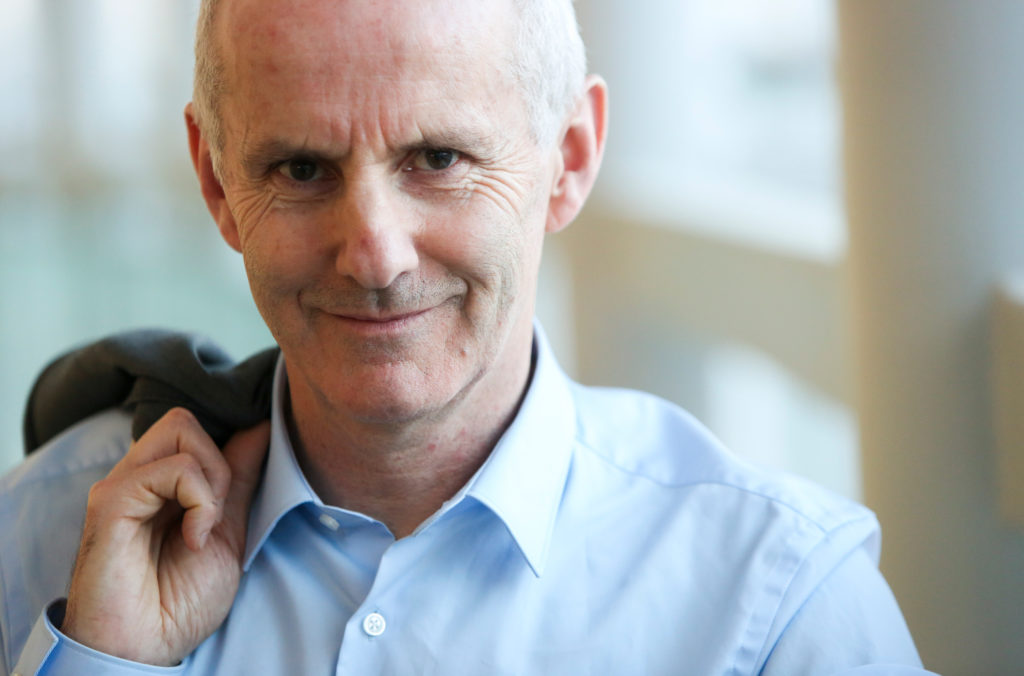An opinion by Ciarán Cuffe, Greens/EFA MEP and Greens/EFA Coordinator on the Transport and Tourism Committee.
The European Commission adopted its strategy on Smart and Sustainable Mobility on 9th December 2020, which sets out a vision for the transport sector in 2050. Here is a quick overview of the main issues and what is missing.

This new mobility strategy is an important part of the Green Deal puzzle that will shape the European Commission’s ambitions on achieving climate neutrality by 2050. To do this, the European Parliament is calling for reducing greenhouse gas emissions by 60% by 2030 while Heads of State will discuss this week if they can agree on a -55% target. The transport sector plays a key role as transport-related emissions were responsible for over a quarter of all EU emissions in 2017. We will not be climate neutral in 2050 if we do not tackle aviation, shipping and road transport, which are among the EU’s most polluting industries.
Unfortunately, despite some positive measures the Commission’s strategy has missed an opportunity to outline a fundamentally transformed transport sector that fully aligns with the objectives of the European Green Deal. True change needs systemic change: reducing the need for transport in the first place, shifting to environmentally friendly alternatives based on truly sustainable energy sources, and phasing out the internal combustion engine by 2030 at the latest, given its huge contribution to air pollution and CO2 emissions (not to mention road accidents and congestion). We need to ensure 100% of vehicles are zero-emission by 2050 at the latest if we are serious about our commitments. Some countries such as the Netherlands, Slovenia and Sweden will ban the sale of such vehicles between 2025 and 2030. Unfortunately, in a strategy that looks to 2050 when the EU should be carbon neutral, the Commission’s strategy only foresees that “nearly” all vehicles should be zero-emission. This means continued support for flawed carbon-intensive or unproven technologies.

Cars and trucks dominate our streets and roads, but increased support for more sustainable and safer transport modes can make a big difference. More ambitious modal shift targets are needed for 2030. This will move freight and passenger traffic away from congested roads and heavily subsidised air travel, and into rail, active mobility, and inland waterways. We welcome the Commission’s proposal to support carbon-neutral offers for travellers on ‘’scheduled collective travel below 500 km within the EU” by 2030. This means that for inter-city connections below 500km, a real alternative to planes will be developed, something that goes hand in hand with the renaissance of rail. Routes such as Paris-Amsterdam or Munich-Vienna are commonly served by air travel even though fast and sustainable rail connections exist. These flights should be phased out. Many other routes in Europe such as Zagreb-Prague, Bratislava-Venice, Budapest-Salzburg, Lisbon-Madrid, Malmö-Hamburg (through Copenhagen) or Thessaloniki-Bucharest (through Sofia), would fall within this scope and could be targeted to ensure sustainable alternative travel is on offer. As 2021 will be the European Year of Rail, we count on the Commission and the Member States to speed-up the completion of cross-border train connections, eliminate bottlenecks and promote the re-introduction of night trains throughout Europe.

Unfortunately, today, the user and polluter pay principles in transport are not fully or fairly implemented. To apply these, we must ensure the immediate end of fossil fuel subsidies and a level playing field between transport modes, as well as fully internalise the environmental and social impacts of transport such as the air pollution or accidents within the next decade, and not in 2050. Given the aviation industry’s damaging impact on the climate, we urgently need to price aviation properly. Airlines are currently exempt from paying tax on the fuel they burn and from VAT on intra-EU flights, while no EU policy on the non-CO2 effects of aviation currently exists, despite the fact that they warm the planet much more than CO2. It is time airlines pay their fair share, especially when we know that 1% of the global population is responsible for half of the world’s emissions from aviation. Given the enormous bailouts for airlines with €37 billion secured despite the poor environmental and social record of some of these airlines, there must be a quid pro quo. The aviation sector cannot simply continue as it was before the Covid-19 crisis.
Indeed, because of the Covid-19 crisis and the prospect of hundreds of billions being spent through the Recovery and Resilience Facility, there is a unique opportunity to completely rethink our mobility patterns and deliver significant modal shift. These funds should focus on improving cycling and walking infrastructure in cities and on railways and public transport; they should in no way go towards prolonging or expanding carbon-intensive transport or investment in technologies that will become stranded assets. Unfortunately, the Commission’s long-term strategy has outlined a vision that falls short of what is needed for a real transformation, a transformation that would have guaranteed better quality of life for all EU citizens, and protection of our planet.

Ciarán Cuffe is an MEP from Ireland and Greens/EFA Coordinator on the Transport and Tourism Committee.